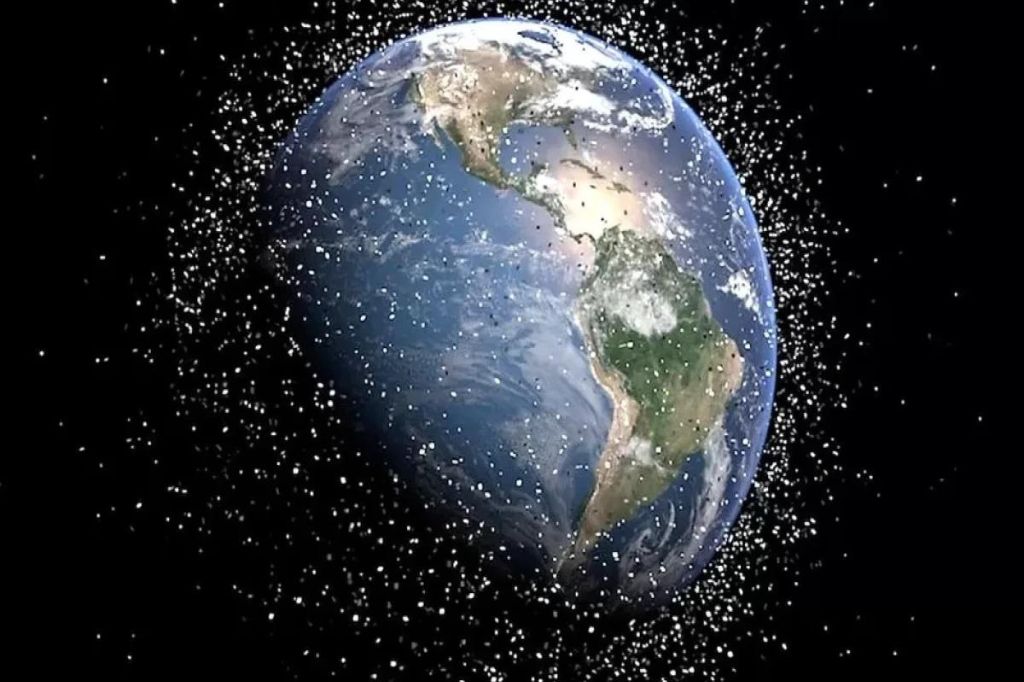US Issues Fine for Space Junk to Dish Network: A Pioneering Step in Space Governance
In a groundbreaking move that underscores the urgency of space sustainability, the US Federal Communications Commission (FCC) has slapped a hefty fine on Dish Network. The reason? A satellite left adrift, adding to the ever-growing concern of space debris.
Key Points:
- The FCC fines Dish Network $150,000 for failing to deorbit its EchoStar7 satellite.
- This marks the first-ever penalty of its kind, emphasizing the importance of space sustainability.
- The decision comes amid growing concerns over the increasing amount of space debris.
A Satellite Adrift: The Heart of the Matter
Dish Network, a prominent player in the satellite industry, found itself in hot water when it failed to deorbit its EchoStar7 satellite. Launched in 2002, this satellite had served its purpose and was supposed to be moved to a “graveyard orbit” to ensure it didn’t pose a risk to other operational satellites. However, due to unforeseen propellant shortages in 2022, the satellite was placed only 76 miles above its intended orbit, missing its target by a significant 178 km.
The Implications of Space Debris
Space debris, often termed as ‘space junk’, refers to non-functional artificial objects orbiting Earth. These can range from defunct satellites to remnants of spacecraft. The increasing accumulation of such debris poses significant risks:
- Collision Risks: With more debris, the risk of collisions with operational satellites increases.
- Operational Challenges: New satellite missions might find it challenging to find a ‘clean’ path amidst the clutter.
- Long-term Sustainability: If not addressed, the space around our planet might become too hazardous for future missions.
Also read: Moloco and Ipsos Unveil Groundbreaking Insights in Mobile App Performance Marketing
The FCC Steps In
Recognizing the growing concerns, the FCC has been proactive. The decision to fine Dish Network is not just a penalty but a clear message to all satellite operators. As the space economy accelerates, the need for stringent regulations becomes paramount. The FCC’s enforcement bureau chief, Loyaan A. Egal, emphasized this, stating the importance of operators adhering to their commitments.
The Asian Perspective
For an Asian audience, this move by the US is particularly noteworthy. Asia, with its burgeoning space ambitions, can take cues from such regulatory actions. Countries like China, India, and Japan, with their increasing space missions, need to be aware of the challenges and responsibilities of space sustainability.
Transitioning to a Cleaner Space
The fine on Dish Network serves as a wake-up call for the industry. As we venture deeper into space, the need for a cleaner and safer orbital environment becomes crucial. The FCC’s decision to fine Dish Network is more than just a penalty; it’s a statement. A statement that emphasizes the importance of space sustainability and the responsibilities of satellite operators. As the world, including Asia, looks to the stars, it’s crucial to ensure that our path remains clear and safe.

















